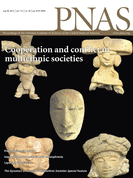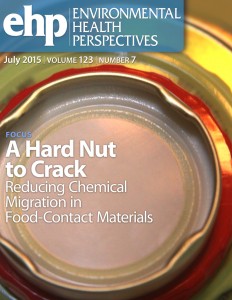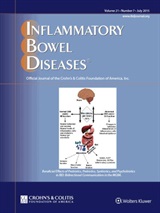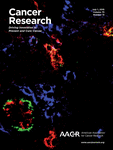 Olivier Voinnet — a plant researcher who was recently suspended for two years from the Centre national de la recherche scientifique (CNRS) after an investigation by
Olivier Voinnet — a plant researcher who was recently suspended for two years from the Centre national de la recherche scientifique (CNRS) after an investigation by ETH Zurich and CNRS found evidence of misconduct — has issued his second retraction and two more corrections.
PNAS posted the retraction earlier this week for a 2006 article after an inspection of the raw data revealed “errors” in study images. Authors confirmed the issues in some figures and revealed “additional mounting mistakes” in others.
Voinnet has promised to issue retractions and corrections for every study that requires them. These latest notices bring our tally up to nine corrections, two retractions and one Expression of Concern.
Continue reading Voinnet notches second retraction, two more corrections







 Another domino has fallen in a
Another domino has fallen in a 